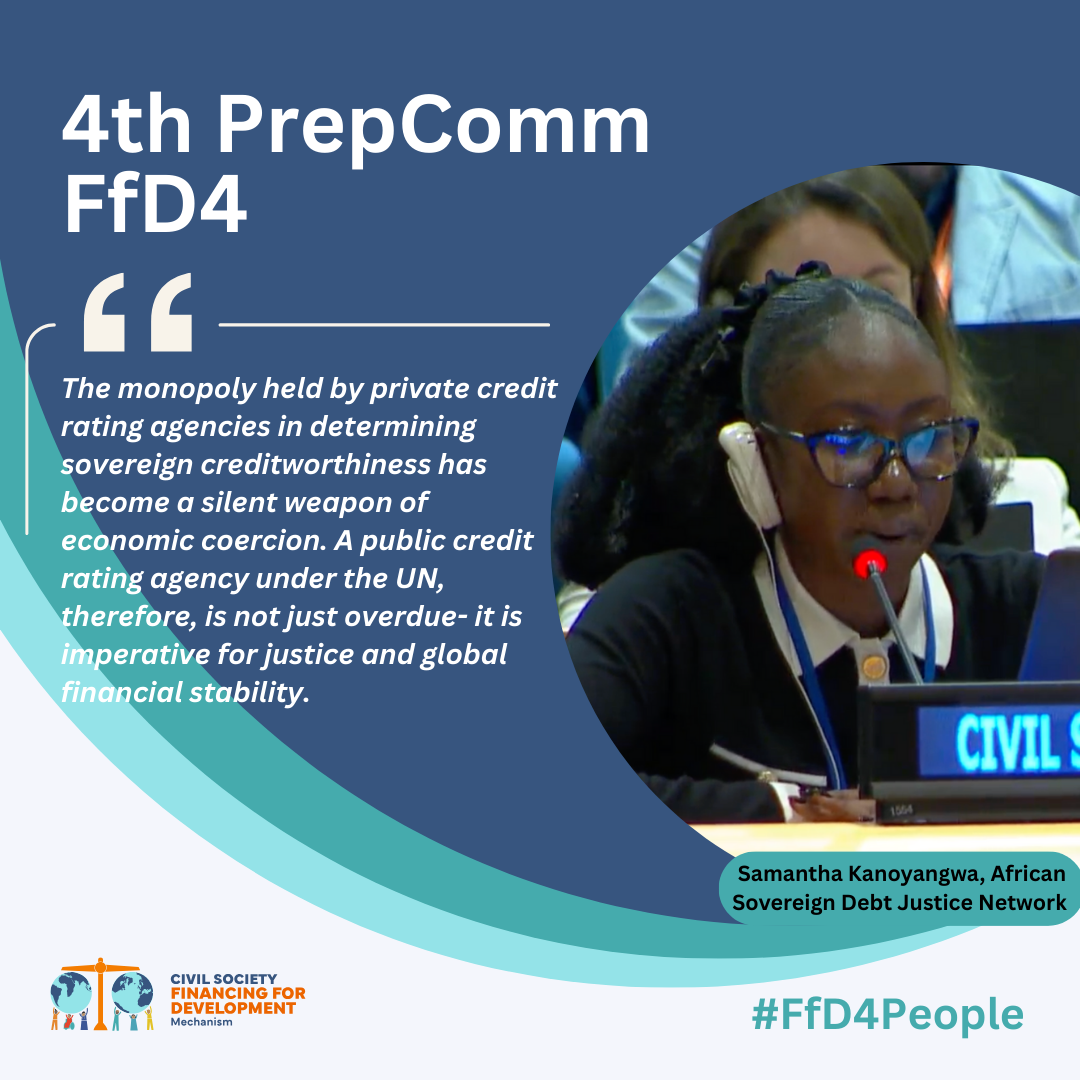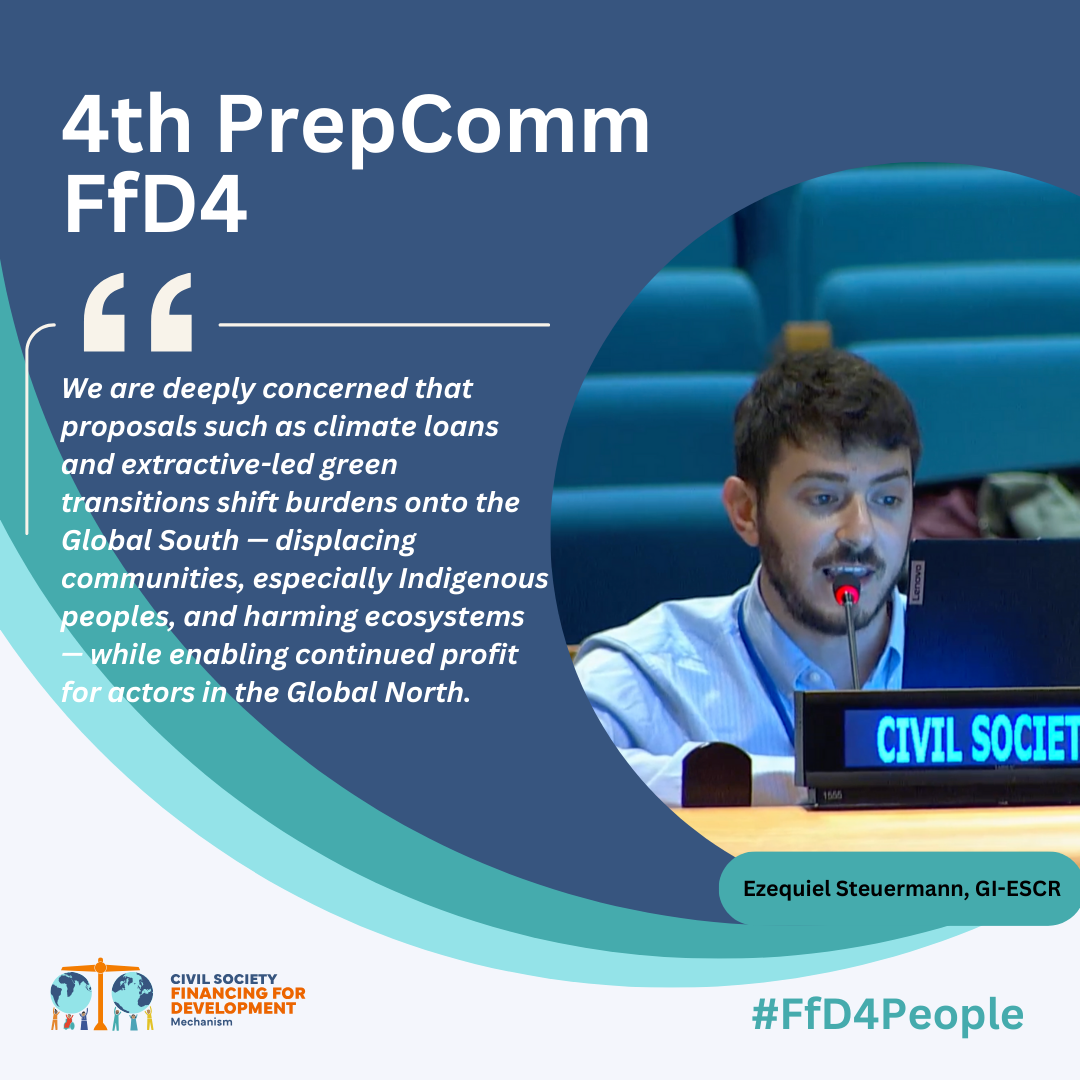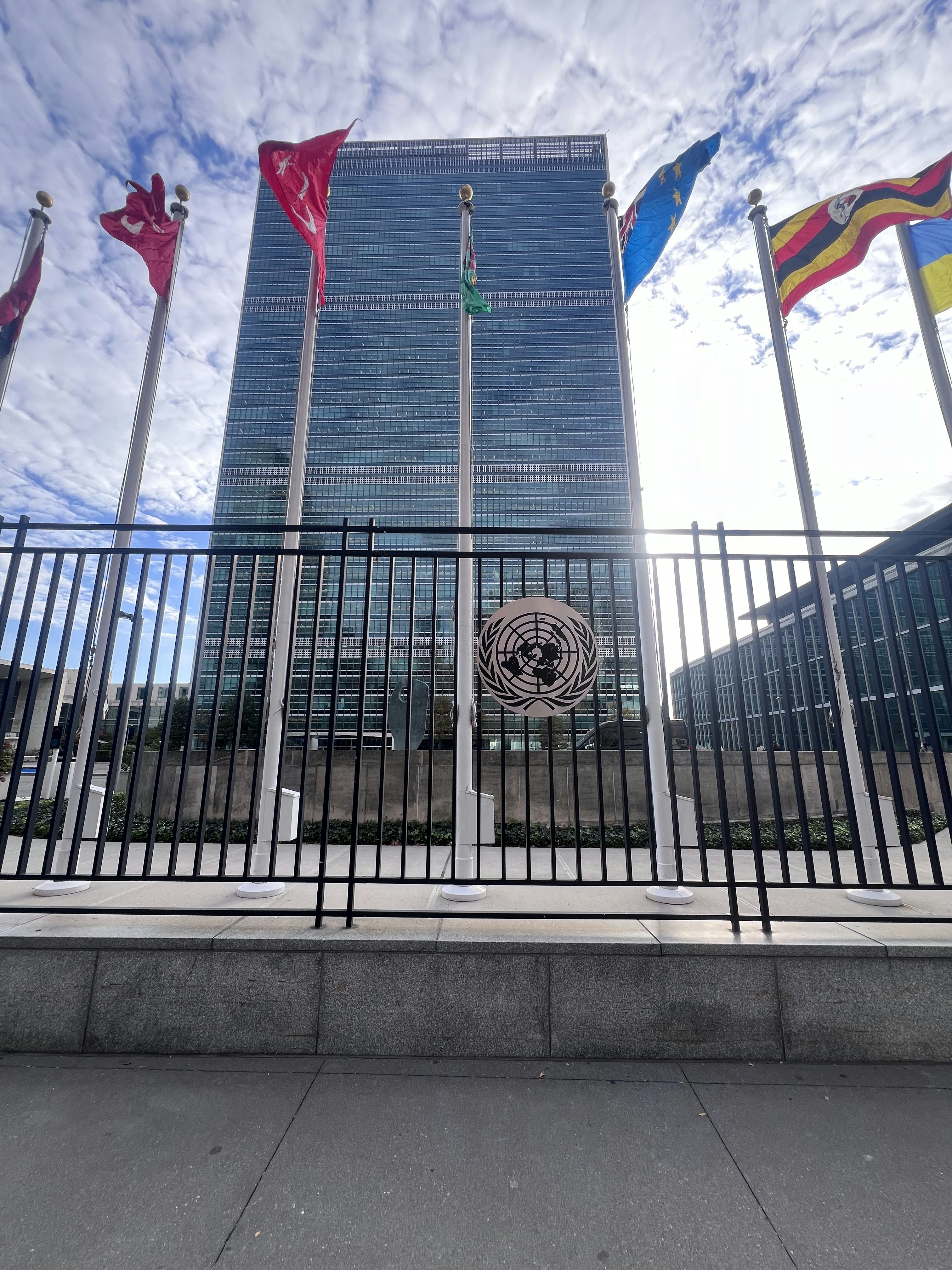The origins of the Financing for Development initiative, and its first conference in Monterrey in 2002, are rooted in the systemic asymmetries defining the international financial and monetary architecture, which cannot be resolved on the national terrain and reveal their steep social and economic costs through recurrent crises.
The Challenge
The current order and governance ecosystem was designed in the immediate aftermath of WWII and therefore reflects the colonial structure and balances of power of that historical moment. Over the last decades, the main economic and financial powers have moved multilateral economic and financial governance even further away from participatory and inclusionary processes, which is remarkable given that these institutions in many cases reflect a colonial past (and present) shaped by stark power and economic inequalities. Organizations dominated by advanced economies, like the OECD or the Groups of 7 or 20, have further ossified their exclusive arrangements while proving unable to respond to new realities.
Therefore, while significant regulatory interventions are urgently required with respect to capital flows, monetary policies as well as financial markets, products and actors, the main challenge remains one of governance. Governments need to bring back decision making power to the United Nations General Assembly – building on the window offered by the Financing for Development process and inspired by the Monterrey Consensus - and democratically establish new normative frameworks and governance ecosystems.
This is a matter of utmost urgency. In 2022 only, developing countries spent approximately $379 billion from their reserves to defend their currencies, nearly doubling the new Special Drawing Rights (SDRs) allocated by the IMF in 2021. Despite these efforts, global net financial transfers to these countries have dropped to the lowest levels since the Global Financial Crisis, indicating that debt repayments to lenders now exceed new external financial inflows.
This financial dynamic has plunged millions into poverty and worsened economic hardships, with developing countries experiencing significant reversals in development, notably in gender equality during financial crises. The systemic issues are further compounded by power asymmetries in international negotiations and superficial reforms in international financial institutions which have not resulted in substantial power shifts or alleviated conditions imposed on these countries.
The ongoing crisis is not merely a liquidity issue but a deep-seated structural problem stemming from an inability to trade, industrialize, and mobilize domestic revenue effectively. This has led to an increased dependency on external borrowing and foreign direct investment.
Furthermore, past financial crises not only represented a massive failure in macroeconomic and financial regulation but also exposed the significant vacuum in governance over financial actors, particularly non-banking actors. Yet, the asset management industry has grown exponentially since the last crisis, now featuring a higher degree of interconnections between financial institutions and generating an even higher systemic risk.
Our Recommendations
The CS FfD Mechanism invites member states to undertake the following critical measures:


